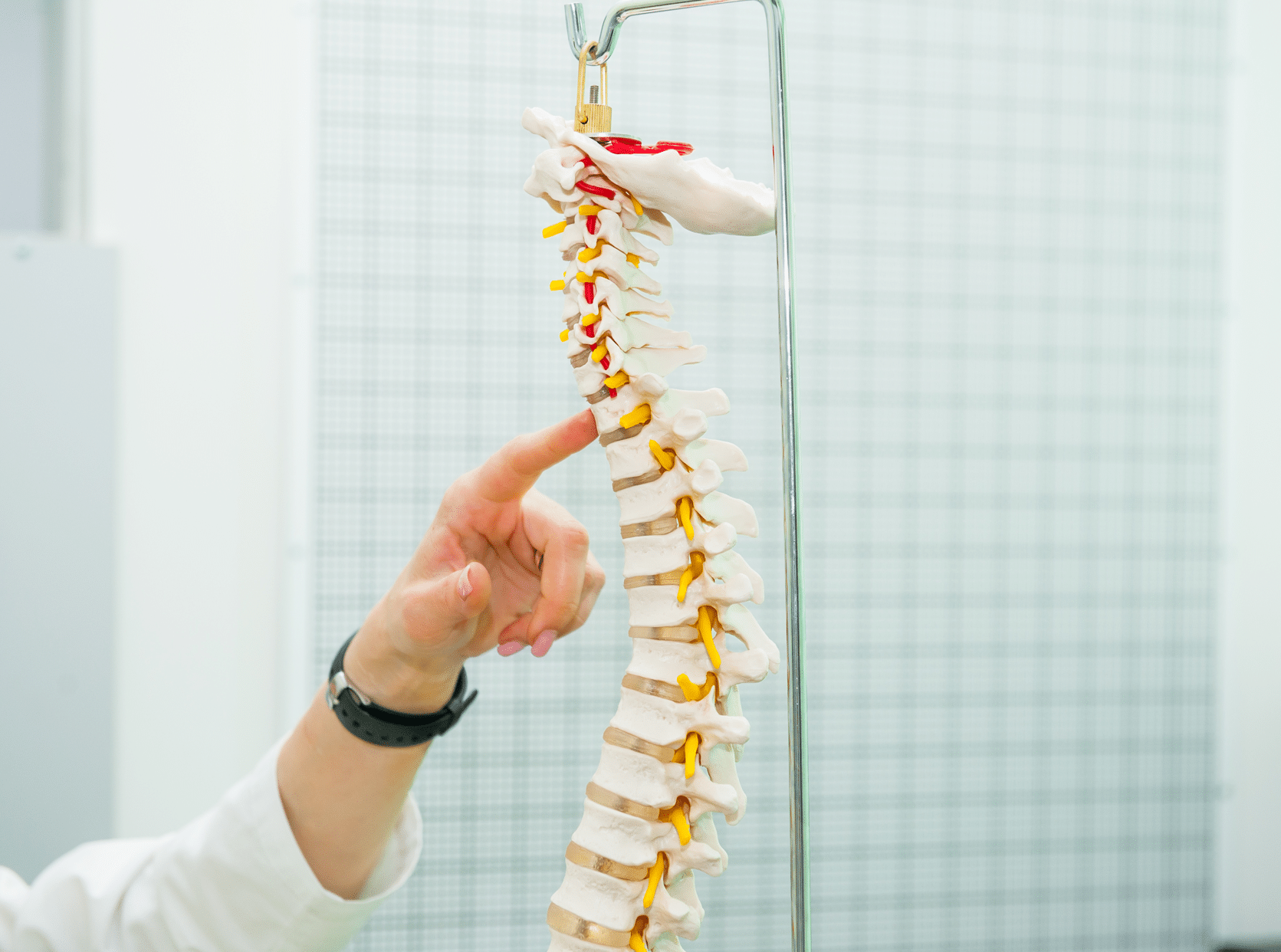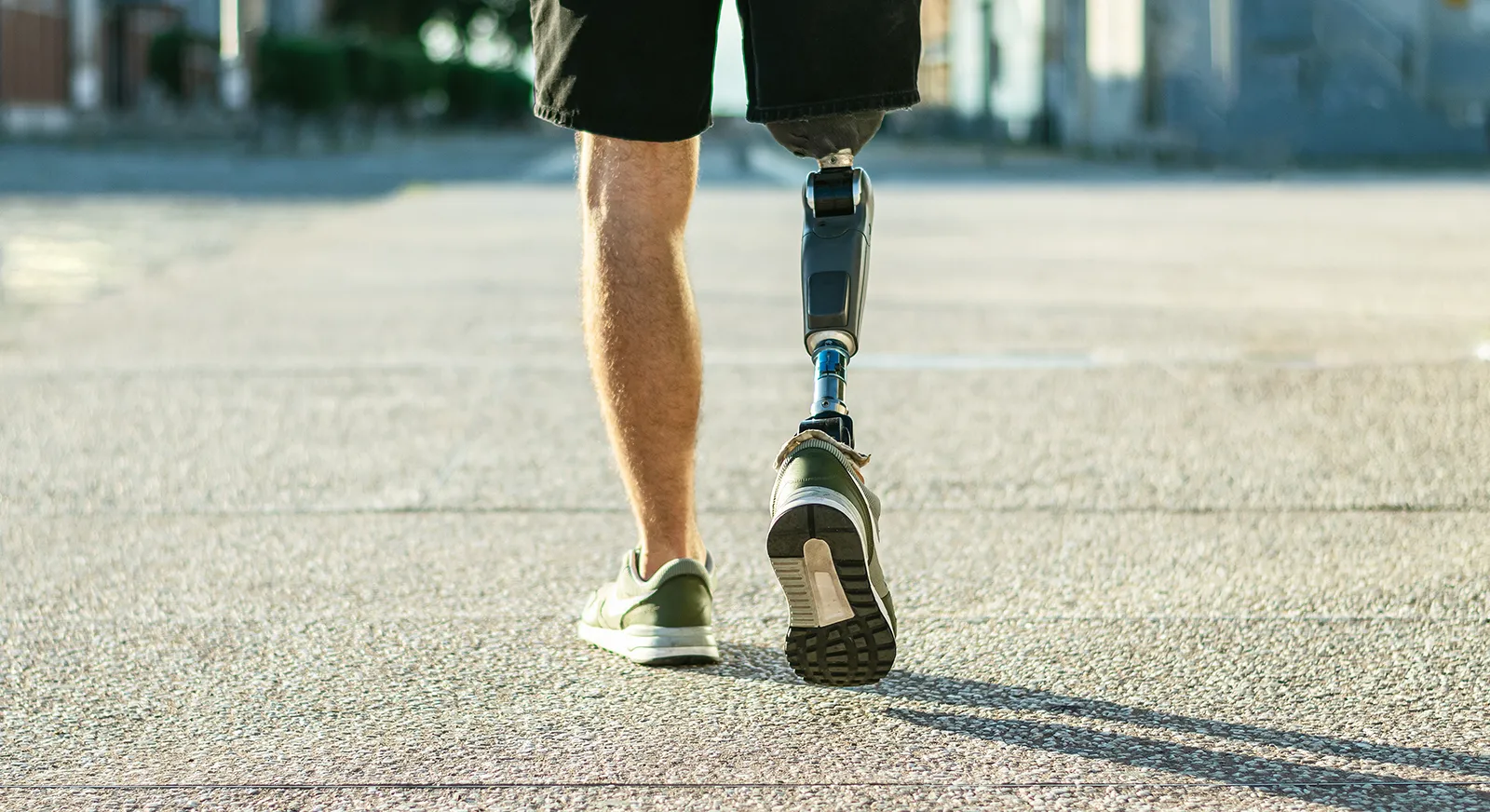If you are pursuing a personal injury claim and either the other side have admitted fault or your solicitor is confident that your claim will succeed, then it’s likely that you could be asked by your solicitor to go be examined by a medical expert. The medical expert’s job in a personal injury medical appointment is to act as an impartial assessor of your injuries and to prepare a medical report.
Often, a solicitor will instruct a medical expert through a medical agency. The type of expert you see is determined by the nature of your injuries: in road traffic accident (RTA) claims (in which the most common injury is whiplash) it is likely that you will be examined by a GP. If it is solely whiplash that you are suffering from it is unlikely that the GP will want to see your medical records. The type of expert that an injured person needs to be examined by is usually the same type of doctor who has been providing their care, so if an injured client has been treated by a consultant hand surgeon, then a report from an independent consultant hand surgeon is required. In injuries involving fractures, the client is usually examined by a consultant orthopaedic surgeon. A consultant expert is more likely to want to see the client’s hospital and GP records, particularly x-rays.
The medical examination and report are often important to your claim, but they can also prove very useful to an injured person because the expert will be dedicating some time to the client’s injuries and may often spot issues which the client’s own doctors haven’t seen. In high value claims, the medical experts may wish to see the client’s occupational health and personnel records. Such records may indicate whether a client has had relevant health problems before the accident.
Some weeks after the personal injury medical appointment, the medical report will be passed to your solicitors. It is the job of the solicitor to scrutinise the report in order to verify that it is broadly correct and to identify any relevant issues. Properly analysing a medical report is quite a specialist task. The solicitor should ask themselves a number of questions about the report, including:
- Does the description of the accident mirror what the client has previously explained?
- What are the injuries which the client has sustained?
- How long will the injuries last?
- What impact has the accident had upon the client?
- Does the expert need to see any medical records?
- Does the expert make any recommendations in terms of rehabilitation?
- Does the medical expert recommend that the client is examined by a different type of medical expert?
- Are there additional financial losses identified by the expert?
- How many hours of care and assistance has the injured client received?
- Has the expert dealt adequately with the psychological element of the injuries?
In our experience, it’s not unusual for clients to comment that the medical examination doesn’t last very long. Unless warned in advance, many clients have been surprised that the expert isn’t particularly caring and have felt that they are on a conveyor belt. It’s worth remembering that the medical expert isn’t acting as your doctor, but as an independent consultant.
If the solicitor or the client spot factual errors in the report, then the report will be returned to the expert for correction. We have had a case at Truth Legal in which the expert stated that the client had suffered an injury to his left foot, when it was clear from the client, the photographs of the injuries and the hospital records that the injury was to the right foot! Mistakes are all too common in medical reports and so it’s very important that your solicitor reads and re-reads the report to catch them. At Truth Legal, your case will be handled by a specialist solicitor, not a trainee with 200 cases on the go at the same time. By providing a personalised service from a solicitor who is familiar with you and your case, we are more able to make sure that mistakes are noticed and corrected.
In the process of a claim, facts can be challenged, but what is more difficult to challenge is the expert’s diagnosis and prognosis. Personal injury solicitors are of course not medically qualified, but experienced solicitors usually get a feeling when the expert hasn’t done a particularly good job. If the client or solicitor considers that the expert’s diagnosis or prognosis needs to be challenged, then it is usually worth the solicitor writing to the medical expert in order to challenge the expert’s conclusions. This is because the severity of an injury, as stated in the medical report, determines the value of the ‘general damages’ (the legal term which refers to pain, suffering and loss of amenity) as well as the ‘special damages’ (the legal term for financial and associated losses).
The medical report should always be approved by the client before it is disclosed to the other side. If an unhelpful report is disclosed to the other side, the other side would be most unwilling to accept a more favourable report if one was later produced. In complex, multi-injury claims, it is common for several different experts to prepare a number of reports on the client. On top of this, in high value claims, the other side’s representatives may wish to instruct their own experts in the hope that ‘their’ expert’s report is less favourable to the injured person and therefore reduces the value of the claim. Some medical experts are known to be claimant-friendly, whereas other medical experts are often regarded by claimant solicitors as ‘hatchet men’.
At Truth Legal we have always had concerns that some factory law firms, in which very many claims are handled simultaneously by unqualified staff, are not properly analysing medical evidence. As a result, we fear that many claims are being undervalued. Worse, unless provisional compensation is paid, a personal injury claim cannot be reopened once it is settled. It is very important, then, that medical evidence is interrogated by the solicitor; it is also essential that the client analyses the report and passes all their comments, usually in writing, to their solicitor. By providing a personalised and thorough service, we at Truth Legal aim to make sure that you are paid the right amount in compensation for the injuries you have suffered.
If you would like to discuss your personal injury claim or personal injury medical appointment with a qualified solicitor free of charge and on a confidential, no-obligation basis, contact us today in the Harrogate office on 01423 788538 or in the London office on 020 31987773.
Further Reading
From one of the UK’s most read legal blogs.










